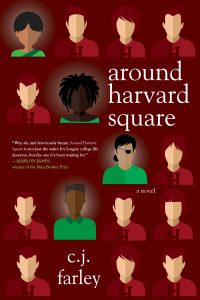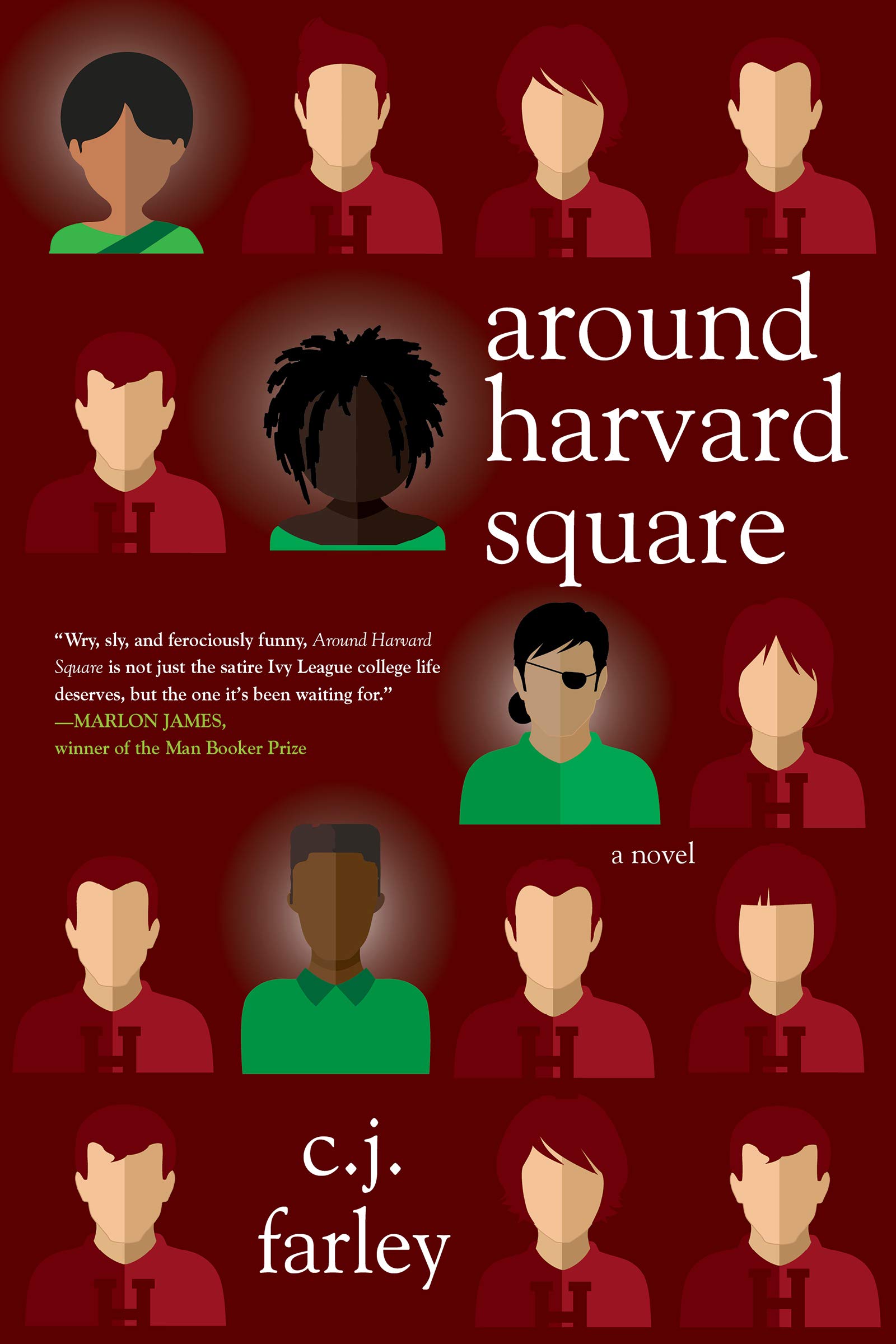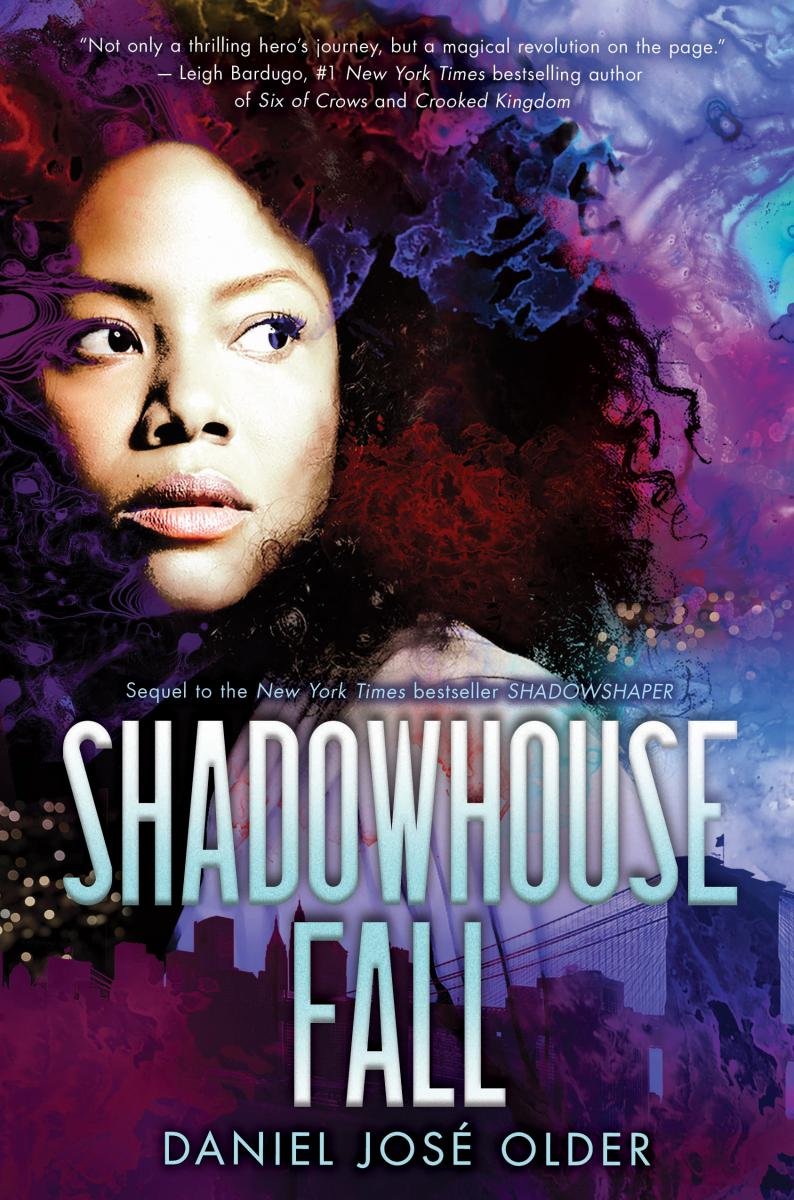 Tosh Livingston has just arrived as a freshman at Harvard University. He hopes more than anything that college will be a chance for a fresh start. But as one of the only black students among a crowd of hyper-privileged Harvard legacies, Tosh soon realizes his fresh start may be harder to achieve than he thought. After making fast friends with fellow outcasts Meera and Lao, Tosh decides his best chance at a new life is joining Harvard’s famous humor magazine, the Harpoon.
Tosh Livingston has just arrived as a freshman at Harvard University. He hopes more than anything that college will be a chance for a fresh start. But as one of the only black students among a crowd of hyper-privileged Harvard legacies, Tosh soon realizes his fresh start may be harder to achieve than he thought. After making fast friends with fellow outcasts Meera and Lao, Tosh decides his best chance at a new life is joining Harvard’s famous humor magazine, the Harpoon.
The heart of Around Harvard Square is in the right place – I’ll give it that much. Author C.J. Farley, a Harvard alumnus himself, pulls no punches in lampooning the elitist, entitled culture that pervades the campuses of schools like Harvard. Many of his jabs are painfully spot on, and I applaud his efforts to address the experiences of the non-white, non-wealthy, and incredibly smart students who find themselves dropped into that kind of toxic atmosphere every fall. But even so, there’s a lot about this novel that just doesn’t work.
Though Around Harvard Square is billed as a YA novel, it doesn’t seem particularly well-suited to young readers. Farley sets his story in the 1990s, when the author himself was a Harvard student, and the novel takes a deep dive into ’90s culture without providing the reader with necessary guideposts to navigate what is now (let’s face it, even if it makes us feel old) historical fiction. Compounding this oversight is the fact that the novel is narrated from some ambiguous temporal distance looking back on the ’90s: “Can you remember how different things were back then? You needed phone books to find people’s numbers…” Teen readers of 2019 cannot, in fact, remember how things were back then.
But the novel also works to alienate its readers in other ways – it’s littered with unmarked allusions to various literary works and bodies of knowledge, for instance, which can make the reader feel ostracized if they don’t get every reference. (It wants to be Nabokov, but Nabokov, my friends, it ain’t.) Even the main character, Tosh, seems to be keeping secrets from the reader, always alluding to some past high school life he’d rather leave behind; delaying the reveal of this information doesn’t create suspense or narrative tension – it just makes me feel like I don’t know the person the novel is asking me to care about.
Still, I don’t want to spend too much time picking this novel apart. I think it may have found a better form as a memoir or adult novel, but it’s clear that the author has a privileged insight into the failings of an elite school like Harvard that are so painful they’re (almost) funny. Readers with a particular interest in Harvard or the not-so-subtly parodied Harvard Lampoon should find this book intriguing; it may just leave the rest of us confused.
A copy of this book was provided by the publisher, Akashic, for review.


